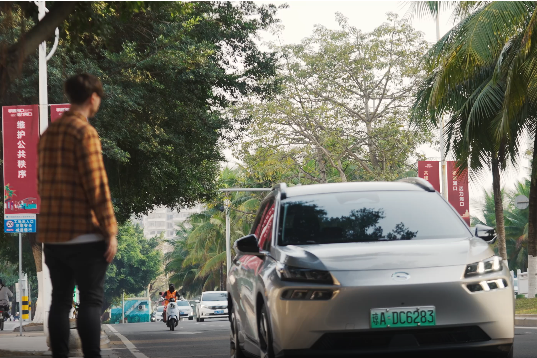PowerChina projects help improve South America infrastructure


PowerChina participates in an ultra-high voltage transmission project in Brazil, a green energy expressway that links southern and northern Brazil with a capacity of 800 kilovolts.[Photo/China Daily]
The 11th BRICS summit, a bloc that groups Brazil, Russia, India, China and South Africa, is being held in Brasilia, capital of Brazil, from Wednesday to Thursday, to enhance exchanges and cooperation among the member states.
Driven by growing BRICS cooperation, a large number of emerging markets and developing countries have also come to the fore, playing an ever greater role in international affairs.
Power Construction Corporation of China, also known as PowerChina, attaches great importance to Brazil. Back in 2006, PowerChina was one of the first Chinese companies to explore the Brazilian market. The company's first project in the country was a coal-fired power station in Candiota town with a capacity of 350 megawatts per unit. The project, which was completed in 2010, laid a foundation for the company's future business in the country.
Since 2006, when PowerChina first entered the market of the Americas, it has carried out 59 projects in 15 countries in the region, employing more than 10,000 people from China and abroad.
In 2017, the company participated in an ultra-high voltage transmission project in Brazil. The power station crosses four states and functions as a green energy expressway that links southern and northern Brazil with a capacity of 800 kilovolts. It was a major international capacity cooperation project between China and Brazil under the Belt and Road Initiative. It was also the first time that Chinese ultra-high voltage technology had gone global.
PowerChina also operates electric transmission and distribution circuit projects, and has carried out technical reform for hydropower and rail traffic projects in Brazil.
To better manage and expand its overseas markets, PowerChina has established six regional headquarters worldwide. PowerChina's regional headquarters in the Americas, located in Panama, was established in 2016. Marketing and localization are a top priority in the next three to five years, the company said, adding that it intends to increase its workforce and establish more cooperation with locals.
Its construction of schools and the Simon Bolivar highway project in Ecuador, as well as hydropower stations and highway projects in Bolivia, were completed this year. Its photovoltaic power station in Cafayate, Argentina and sewage treatment plant in Trinidad and Tobago were opened in July.
In addition to construction, the company also operates a hydropower station in Honduras and power stations in Chile to back up its power transmission lines, as well as a microgrid photovoltaic project in Suriname.
As it expands in the overseas market, PowerChina is making advances in results-oriented and mutually beneficial cooperation, and advocates for the United Nations' 2030 Sustainable Development Goals. It also organizes for overseas employees to participate in local construction projects and volunteer services.

Volunteers from PowerChina take a group photo after helping clean up garbage on a beach of Panama in September 2018. [Photo/China Daily]
Volunteering in the local communities it operates in is a major priority for PowerChina.
The company's more than 180 volunteers are often seen during rescue operations, such as in Bolivia in March after an important bridge connecting Cochabamba to Santa Cruz was on the verge of collapse after torrential rain trapped people and vehicles on either side.
PowerChina's volunteer team was called by local authorities to provide assistance to those needing to cross the bridge.
The team immediately assembled the necessary vehicles and equipment including large trailers and backhoes to clear away debris, and later concrete mixer trucks and concrete pump trucks to support the bridge's foundations.
The bridge reopened to traffic after just 40 hours.
Examples like the one in Bolivia are not few. In March, Sofala and its surrounding area in Mozambique suffered from heavy rain due to Cyclone Idai in March, resulting in power, water, communications and traffic disruptions. PowerChina sent three generators to the city of Beira, to help restore its water supply. The company also organized donations to help the locals recover from the disaster.
Following China's call for its domestic companies to go global, and spurred on by the Belt and Road Initiative, PowerChina has made its presence felt all around the world. The company has a firm belief that a long-term partnership is based on a commitment to serve the locals and improve their wellbeing.




